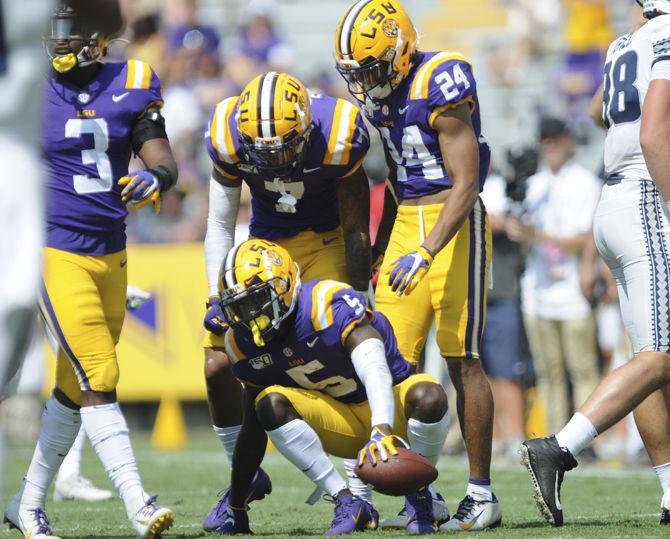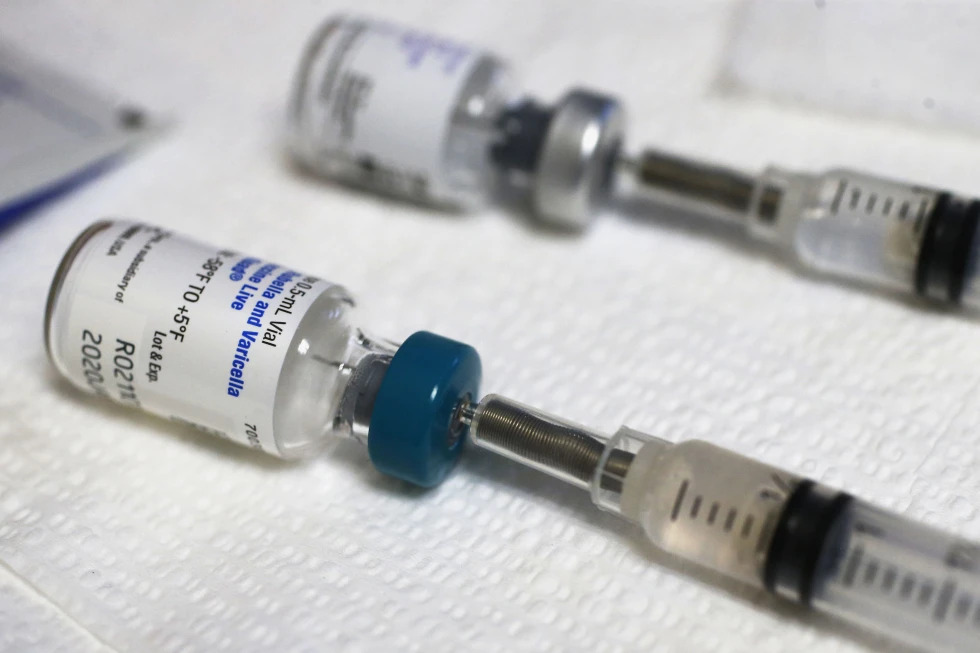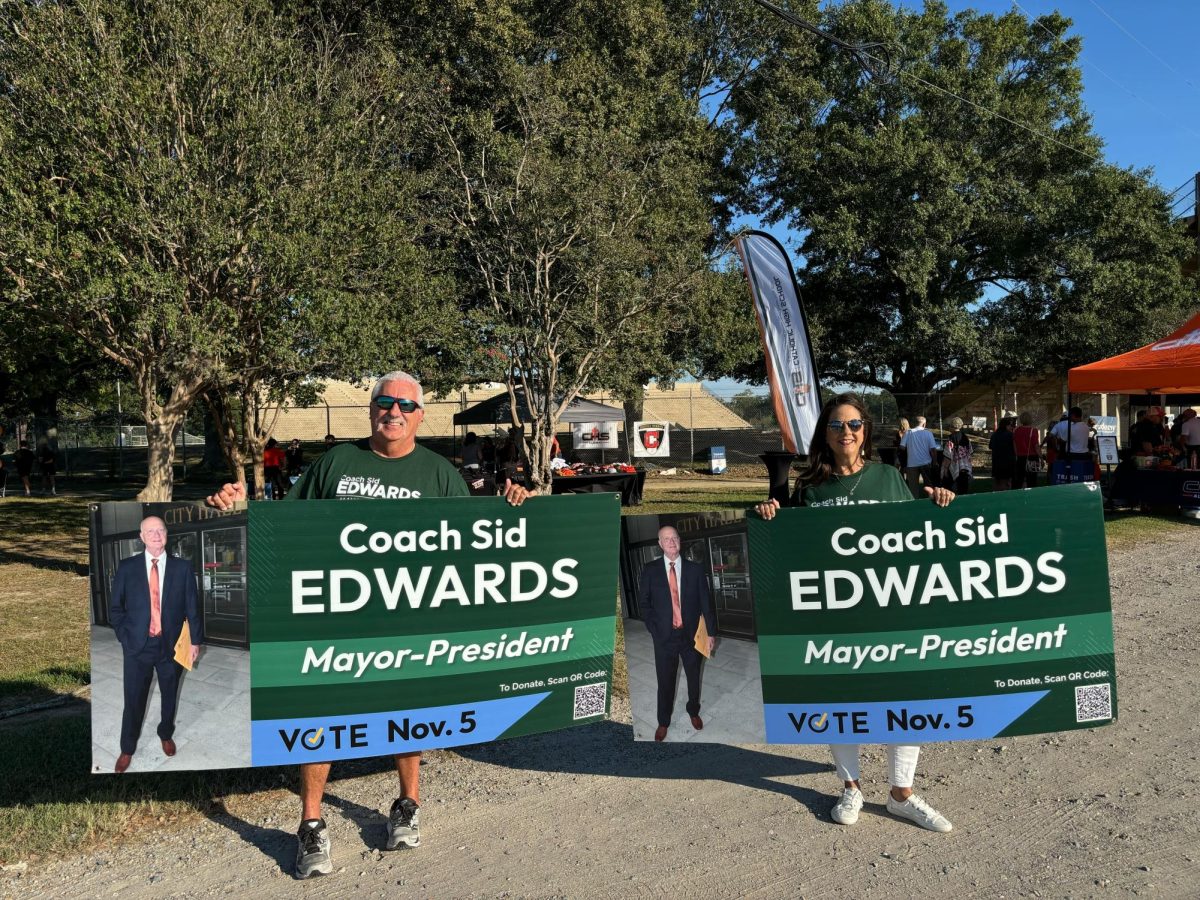College athletes shouldn’t receive money from their university based on the privileges they already have access to. From free tuition to free room and board, it seems like asking for more would be greedy.
This begs the question: is it not enough to have a full-ride to a $11,000-a-semester university? A common argument made by student athletes is their sport requires all of their time and effort, which, in turn, takes away from any chance to have a part-time job for leisure money. This argument, however, is a self-entitled one.
Students on campuses across the U.S. faces this same dilemma, minus the full-ride benefit. From single parents raising their children between classes, to students with unpaid internships who have hefty workloads, time doesn’t stop or slow down for anyone.
Student athletes aren’t even completely unpaid outside of their merit scholarships. One feasible way colleges pay their athletes is by simply giving them a name and a realistic chance to enter the sport professionally after college. These universities allow them to build their reputation quite easily by offering them the necessary connections and coaching to ensure a well-paying athletic career after graduation.
Isn’t that how college is supposed to work? College should be about focusing on getting an education, and then pursue a well-earned career—it shouldn’t act like one.
If schools did start paying athletes, however, it would give incoming students an alternative motive for going to college. Instead of going for an education, they’d be going to profit off of the athletic program, effectively defeating the purpose of school altogether. Fifth-year, anyone?
Let’s say that things did shift and paying college athletes became the norm. How exactly would discipline and success measure up when everyone on the team is being paid the same to be there no matter what? And if the distribution of salaries fluctuated between players, surely tensions would arise, and an unhealthy power dynamic would be created.
Off the playing field, money would separate the athletes from normal students in a similarly weird hierarchical fashion. No longer would the everyday student be sitting next to another classmate in class, but instead they would be sitting next to someone prioritized and paid because of their athleticism, not their academics.
Also, in order to pay the athletes, funds would surely have to come from somewhere. This means that their own departments would be losing the extensive revenue gained from sporting events. In turn, funds would also have to be drawn from the faculty’s pay, maintenance and in extreme cases, even tuition.
This also leads to a plethora of more hypothetical questions. Would the university also have to pay band members? How about cheerleaders? Not to mention the impossibility of the pay being fair across the board, especially men’s sports in comparison to women’s.
Paying college athletes would essentially dismantle the line that sits between professional and amateur sports. Only 7% of high school athletes go on to play in college. This opportunity should be seen more as a privilege than a job. When a student athlete signs their contract with a university, they should know what they’re in for and what they aren’t.
Gabrielle Martinez is an 18-year-old mass communication freshman from Gonzales, Louisiana.
Opinion: Paying college athletes could create unhealthy power dynamic
October 11, 2019
LSU football players gather on the field during the Tigers’ 46-6 victory over Utah State on Saturday, Oct. 5, 2019, at Tiger Stadium.







